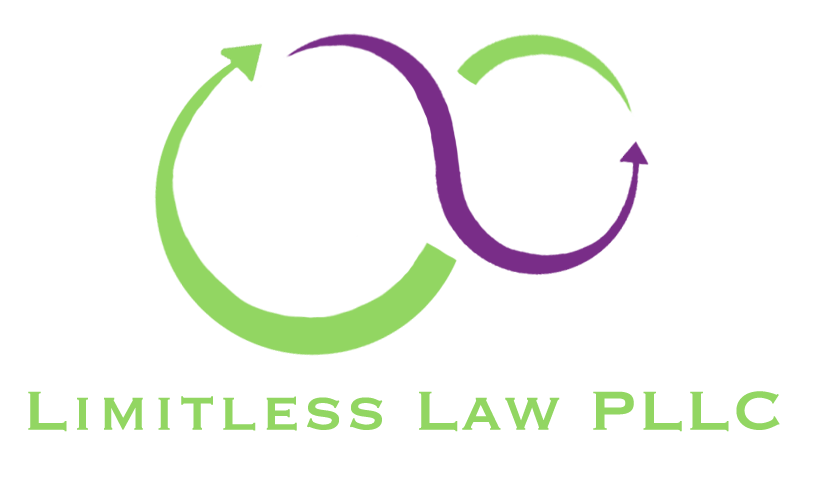Burial Across Borders

As a midsized border town, Bellingham Washington (where Limitless Law PLLC is headquartered) has been both tourist attraction and residence for many Canadian citizens. Our beautiful town offers sights, events, food and culture that draw people to stay an hour or years. However as lovely as being in Bellingham is, if you are a Canadian citizen, there are some legal issues you may consider addressing if you are spending time in Whatcom County (or anywhere in the U.S., for that matter).
If you own property in the United States, your property will be inherited by your heirs through the law of the state where that property is located. This means that if you have a vacation home in Washington you will need to use the Washington State legal system to transfer that property, either during your life or as part of your estate. If you have real estate in Washington State, and are a non-US citizen, consider discussing your estate plan both with an attorney in your home country and one who is licensed to practice in the state where you own the real estate.
Traveling or living in a foreign country can be thrilling and exotic, and although it can feel like you would like to stay, it’s also understandable if you want to return home. When you are traveling abroad and also considering your estate plan you may want to think about where you would like to be buried, or where you would like your ashes to be distributed. Want to have your ashes scattered on the same Oregon beach where you were proposed to? Want to make sure even though you summer in Washington State that you are buried with your family in Canada? Who is going to be the one to make these arrangements for you? Do they know your wishes?
When transporting remains through a Canadian Point of entry (POE) whether it is an airport, port or land border, you will be required to produce the death certificate of the deceased national you are transporting. If you are transporting remains in any context that are not cremated you must provide the border officials with the death certificate and the body must be in a hermetically sealed casket, coffin or container and the Canadian Government may require documentation that the deceased had no communicable diseases. If possible, the person facilitating the transport of the body should have the required documentation, such as multiple copies of the death certificate, the deceased’s will and any powers of attorney. If ashes of a Canadian Citizen are being returned to Canada, you should have a cremation certificate.
The Limitless Law team is here to help with your questions relating to probate or settling cross-border, international estates. If you are seeking legal assistance with estate planning, probate, real estate transactions, business law, adoption, bankruptcy or debt settlement, please don't hesitate to reach out to the experienced team at Limitless Law PLLC. We're here to help.
Call 360-685-0145 or click here to learn more.
This blog post is for informational purposes only and does not constitute legal advice. If you have questions about your own legal rights and options, please contact the knowledgeable team at Limitless Law PLLC to schedule a strategy session with our attorney. Call 360-685-0145 or click here to learn more.






